Ecosystems
-
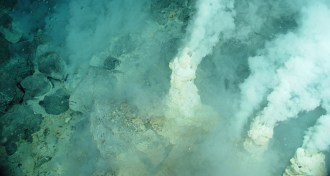 Microbes
MicrobesViruses buoy life at hydrothermal vents
Using hijacked genes, deep-sea viruses help sulfur-eating bacteria generate power in the plumes of hydrothermal vents.
By Beth Mole -
 Ecosystems
EcosystemsWar’s ecological effects laid bare in ‘A Window on Eternity’
In "A Window on Eternity," entomologist E.O. Wilson chronicles both the shifting ecology of Gorongosa National Park after the war and how researchers are trying to repair the damage.
-
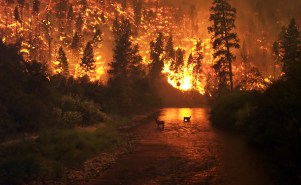 Earth
EarthSurge seen in number of U.S. wildfires
The number and size of wildfires in the western United States has steadily risen over the last three decades.
-
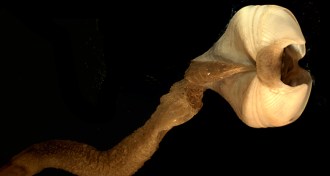 Oceans
OceansThe surprising life of a piece of sunken wood
Timber and trees that wash out to sea and sink to the bottom of the ocean hold a diverse community of organisms.
-
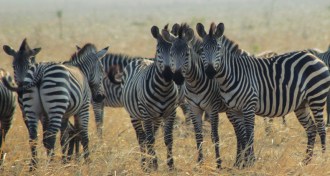 Animals
AnimalsZebra stripes may be mainly defense against flies
The function of zebra stripes may not be for camouflage or cooling, a new analysis finds.
By Susan Milius -
 Animals
AnimalsLike a boomerang, relocated python comes back again
Burmese pythons, which have invaded the Everglades, can find their way home when people move them dozens of kilometers.
By Susan Milius -
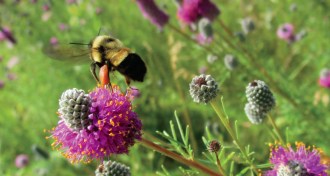 Ecosystems
EcosystemsDo your bit for bumblebees
The Xerces Society for Invertebrate Conservation and its partners have launched the Bumble Bee Watch website to track sightings. When you see a bee bumbling around, snap a photo.
-
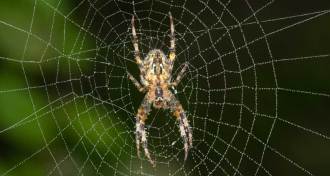 Ecosystems
EcosystemsCity spiders may spin low-vibe webs
Spider webs built on human-made materials have less background bounce than those built on trees and other natural surfaces, which might shrink the arachnid’s hunting success.
By Susan Milius -
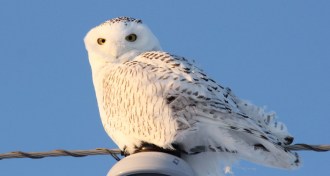 Animals
AnimalsWe’re only noticing the snowy owls
A lemming boom last summer probably led to rises in populations of several predator species.
-
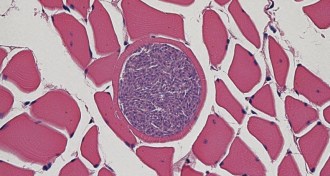 Ecosystems
EcosystemsArctic melting may help parasites infect new hosts
Grey seals and beluga whales encounter killer microbes as ranges change.
-
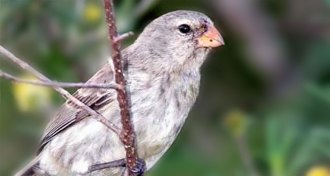 Life
LifeCharms of small males may collapse a Darwin’s finch species
Mating rules may be changing for one of the storied Galápagos birds.
By Susan Milius -
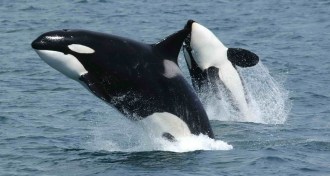 Animals
AnimalsThe Ice Age was harsh on orcas
Killer whale DNA shows that climate change resulted in declines for most populations.